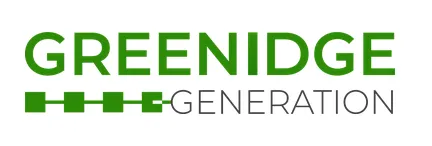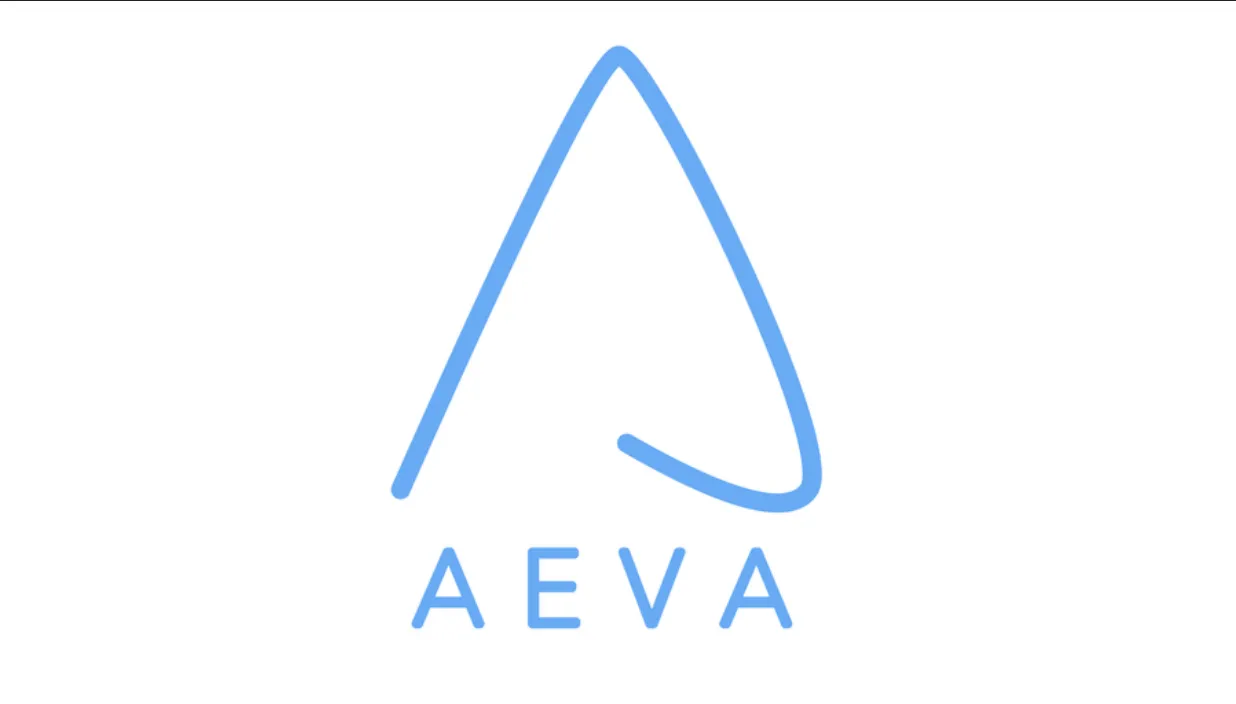
Cybersecurity is no longer just a priority. It is a global arms race. As threats become more complex and costly, major tech companies are responding with acquisitions, not internal development. The result is a sharp uptick in buyouts of small-cap cybersecurity firms that offer niche solutions in areas like AI threat detection, cloud defense, and ransomware response.
This is not theory. It is happening right now.
In 2024, cybersecurity M&A activity hit $68 billion, up 22 percent year-over-year, according to PitchBook. With global cybersecurity spending projected to reach $225 billion in 2025, that number is likely to grow. Big players are moving early, locking in innovation before it becomes too expensive.
The Deals Are Already Moving
The buying spree is well underway. Recent examples include:
- Palo Alto Networks acquiring Dig Security for $400 million
- Microsoft purchasing RiskIQ for $500 million
- SentinelOne acquiring PingSafe for $250 million
Each deal targets a company with a focused strength — cloud protection, threat intelligence, or attack surface management. These are not defensive buys. They are growth strategies aimed at plugging capability gaps.
Small-Cap Names to Watch
The next wave of acquisitions will likely involve public small-cap firms with established customer bases and specialized tools.
- Rapid7 has hinted at interest from buyers following a tough fourth quarter in 2024
- Tenable, a leader in exposure management, offers scalable solutions and strong enterprise traction
- Varonis Systems specializes in insider threat prevention, a growing focus as companies face tighter regulatory scrutiny
These companies are not speculative. They are operational, revenue-generating firms that solve very specific problems for enterprise customers.
Why These Firms Are in Demand
Cyberattacks are becoming more intelligent, automated, and damaging. Ransomware payments topped $1.1 billion last year, according to Chainalysis. AI-generated phishing attacks are now outpacing traditional detection systems. Zero-day vulnerabilities are appearing faster than they can be patched.
Companies know they are underprepared. The cybersecurity workforce remains under pressure, and most firms do not have the resources to build advanced defenses in-house. The solution is acquisition.
Startups with AI-native architectures, automated response tools, and compliance-ready platforms are no longer niche. They are becoming essential.
Private Equity Is Fueling the Trend
It is not just Big Tech doing the buying. Private equity firms are stepping in aggressively, bringing new capital and longer-term strategies to cybersecurity rollups.
Thoma Bravo spent $2.3 billion to acquire ForgeRock in a deal that is already being watched as a model. Their strategy is to streamline, scale, and eventually sell at a premium. Other firms are following the same playbook.
The logic is simple. The cybersecurity market is growing fast, and the barriers to entry are high. Buying proven firms at a discount today could produce major returns within two to five years.
Disclaimer
We are not an investment advisor and is not registered with the U.S. Securities and Exchange Commission or the Financial Industry Regulatory Authorities. Further, our owners, employees, agents are not acting as investment advisors and might not be registered with the U.S. Securities and Exchange Commission or the Financial Industry Regulatory Authorities.
The sender of this email makes no representations or warranties concerning the products, practices or procedures of any company or entity mentioned or recommended in this email, and makes no representations or warranties concerning said company or entity’s compliance with applicable laws and regulations, including, but not limited to, regulations promulgated by the SEC or the CFTC. The sender of this email may receive a portion of the proceeds from the sale of any products or services offered by a company or entity mentioned or recommended in this email. The recipient of this email assumes responsibility for conducting its own due diligence on the aforementioned company or entity and assumes full responsibility, and releases the sender from liability, for any purchase or order made from any company or entity mentioned or recommended in this email.
The content on any of our websites, products or communication is for educational purposes only. Nothing in its products, services, or communications shall be construed as a solicitation and/or recommendation to buy or sell a security. Trading stocks, options and other securities involves risk. The risk of loss in trading securities can be substantial. The risk involved with trading stocks, options and other securities is not suitable for all investors. Prior to buying or selling an option, an investor must evaluate his/her own personal financial situation and consider all relevant risk factors.
The information presented in this site is not intended to be used as the sole basis of any investment decisions, nor should it be construed as advice designed to meet the investment needs of any particular investor. Nothing in our research constitutes legal, accounting or tax advice or individually tailored investment advice. Our research is prepared for general circulation and has been prepared without regard to the individual financial circumstances and objectives of persons who receive or obtain access to it. Our research is based on sources that we believe to be reliable. However, we do not make any representation or warranty, expressed or implied, as to the accuracy of our research, the completeness, or correctness or make any guarantee or other promise as to any results that may be obtained from using our research. To the maximum extent permitted by law, neither we, any of our affiliates, nor any other person, shall have any liability whatsoever to any person for any loss or expense, whether direct, indirect, consequential, incidental or otherwise, arising from or relating in any way to any use of or reliance on our research or the information contained therein. Some discussions contain forward looking statements which are based on current expectations and differences can be expected. All of our research, including the estimates, opinions and information contained therein, reflects our judgment as of the publication or other dissemination date of the research and is subject to change without notice. Further, we expressly disclaim any responsibility to update such research. Investing involves substantial risk. Past performance is not a guarantee of future results, and a loss of original capital may occur. No one receiving or accessing our research should make any investment decision without first consulting his or her own personal financial advisor and conducting his or her own research and due diligence, including carefully reviewing any applicable prospectuses, press releases, reports and other public filings of the issuer of any securities being considered. None of the information presented should be construed as an offer to sell or buy any particular security. As always, use your best judgment when investing.
Disclaimer: Past performance is no guarantee of future performance. This product is for educational purposes only. Practical application of the products herein are at your own risk and our partners, representatives and employees assume no responsibility or liability for any use or mis-use of the product. Please contact your financial advisor for specific financial advice tailored to your personal circumstances. Any trades shown are hypothetical example and do not represent actual trades. Actual results may differ. Nothing herein constitutes a recommendation respecting the particular security illustrated.








.webp)